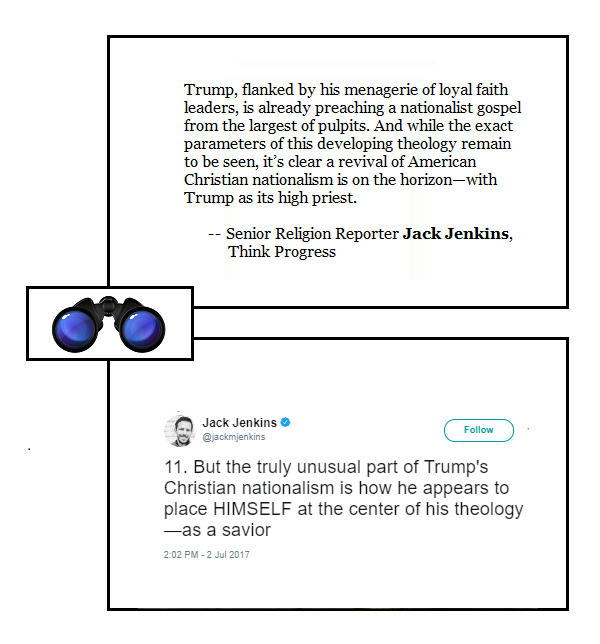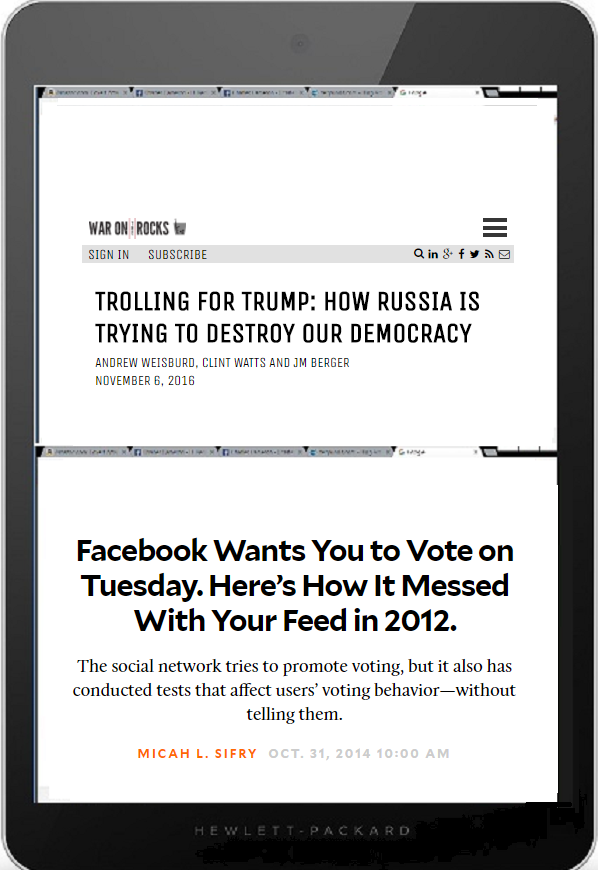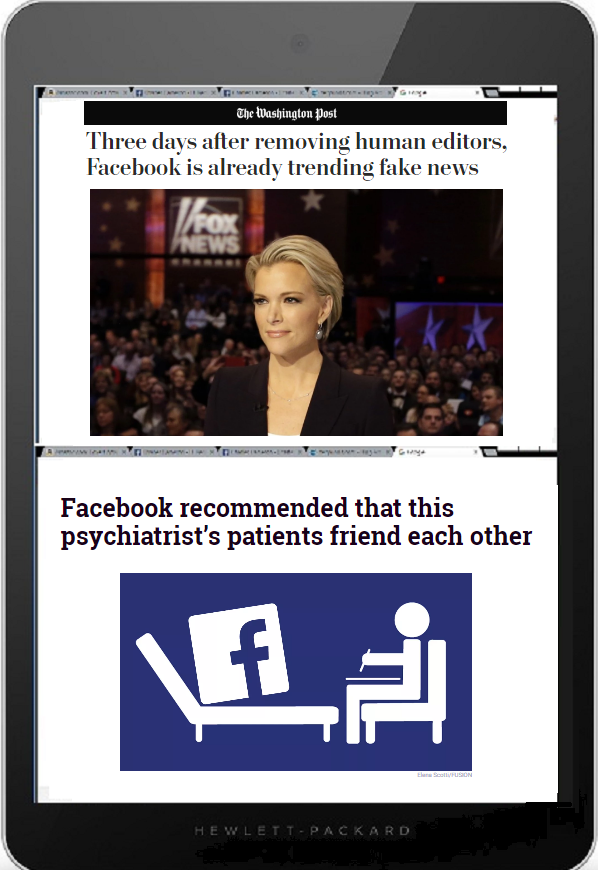[ by Charles Cameron — following up on Daveed Gartenstein-Ross in Foreign Affairs, my oblique analysis and more pertinent to the point he’s making ]
.
Daveed is illustrating a pretty significant pattern with his latest article in Foreign Affairs, The Coming Islamic Culture War, subtitled What the Middle East’s Internet Boom Means for Gay Rights, and More:

These paragraphs:
Today, a new type of discursive space—one that will foster a very different set of ideas—is opening up in the Muslim world. In April 2011, Bahraini human rights activists created one such space when they launched the website Ahwaa, the first online forum for the LGBT community in the Middle East and North Africa (MENA) region. Esra’a al-Shafei, one of the website’s founders, was modest about the site’s ambitions, explaining that Ahwaa was intended “as a support network” for the “LGBTQ community” as well as a resource for those “who want to learn more by interacting with [LGBT] people.”
Although little-noticed at the time, Ahwaa’s seemingly innocuous project was in fact revolutionary. Homosexuality in the MENA region is not only stigmatized but generally criminalized and banished from the public sphere. The creation of an online platform where LGBT people could candidly discuss the issues affecting their lives, such as romantic relationships or the tensions between Islam and gay rights, was thus a direct challenge to deeply inscribed cultural and religious norms. Indeed, Ahwaa heralds a wave of challenging ideas that, fueled by rapidly rising Internet penetration, will soon inundate Muslim-majority countries.
Online communications, by their nature, give marginalized social and political groups a space to organize, mobilize, and ultimately challenge the status quo. In the MENA region, online spaces like Awhaa will give sexual minorities the ability to assert their identity, rights, and place in society. So too will the Internet amplify discourses critical of the Islamic faith, or of religion in general, and solidify the identities of secularists, atheists, and even apostates. The rise of these religion-critical discourses will in turn trigger a backlash from conservative forces who fear an uprooting of traditional beliefs and identities. The coming social tsunami should be visible to anyone who knows what signs to look for.
Into the black swirl of geographical regimes that give no room for questioning — gay, political, religious, or whatever — a white circle of online discussion and possibility blossoms —
Shielded by the relative anonymity of online communications, marginalized individuals of all stripes can discuss intimate and controversial issues. The Internet, furthermore, allows like-minded people from disparate corners of the world to find one another and create virtual communities. An atheist living in rural Egypt, for example, may not know anyone else who shares his views. But when he goes online, he will find millions of people who do.
— and as it blossoms, the black swirl of repressive backlash again threatens it.
**
Likewise, though this does not happen to be Daveed’s point, into the white swirl of western democratic societies a black circle of illiberalism opens — the internet providing a networking space for anti-Semites and other far right groups they would previously lacked —
Today, the Internet is a powerful and virulent platform for anti-Semitism — hate towards Jews that has a direct link to violence, terrorism and the deterioration of civil society. Hitler and the Nazis could never have dreamed of such an engine of hate. [ .. ]
The Internet allows anti-Semites to communicate, collaborate and plot in ways simply not possible in the off-line world.
— and this blossoming extends into the Trump camp, as JM Berger suggested —
New developments and new propaganda items are a constant part of the ISIS landscape, whereas content in white nationalist networks tends to be repetitive, with few meaningful changes to the movement’s message, landscape, or political prospects. A notable exception to this is Donald Trump’s presidential candidacy, which has energized white nationalists and provided new talking points and opportunities for engagement. Trump’s candidacy is likely driving some portion of movement’s recent gains on Twitter.
And again likewise, this blossoming begins to be threatened by its own backlash — the blossoming of internet speech within contrary geographical cultural norms cuts both ways. It’s almost apocalyptic — that internet space blossoming can open up cracks in what David Brooks called “the post-World War II international order — the American-led alliances, norms and organizations that bind democracies and preserve global peace” — to which Steve Bannon is vehemently opposed.
Apocalyptic? Whether we’re speaking of Daveed’s “coming Islamic culture wars” or Brooks’ “international order” there are signs of the times to be seen. As Daveed says —
The coming social tsunami should be visible to anyone who knows what signs to look for.
— and in closing —
Regardless of their ultimate outcome, however, signs of the coming Islamic culture wars can already be discerned. Western observers have long overlooked or misinterpreted social trends that have swept through Muslim-majority countries. This is one trend that they cannot afford to miss.






